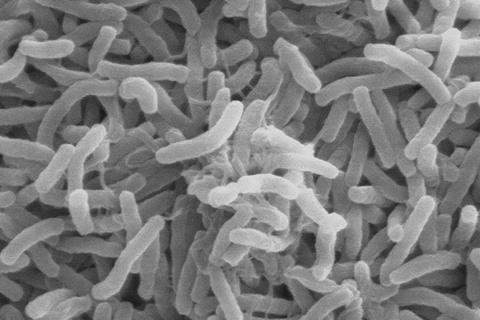A cholera vaccination campaign kicked off on 21 September 2025 in the Nyala Ganoub, Nyala Shemal and Biliel localities of South Darfur and on 22 September in Abu Jabra and Ad Daein localities.

It marks the start of a campaign that aims to reach 1.86 million people aged one year and older with oral cholera vaccines in six localities of the Darfur states in response to the ongoing cholera outbreak. Plans are underway to launch the campaign in Tawila locality of North Darfur before the end of the month.
The campaign comes at a critical time, as cholera cases in Darfur continue to rise at an alarming rate and the ongoing conflict and lack of basic services make it increasingly difficult to support essential health services and deliver lifesaving medical supplies, including vaccines, nutrition kits and emergency supplies to most localities of the Darfur states, leading to an increased burden of disease, malnutrition and further spread of infectious diseases such as cholera.
Working tirelessly
“WHO teams in Darfur are working tirelessly with health partners to provide the necessary technical and operational support for a successful implementation of the campaign to protect the vulnerable population in the affected localities from the further spread of cholera,” says World Health Organization (WHO) Representative and Head of Mission in Sudan Dr Shible Sahbani. “The people in Darfur, and the rest of Sudan, must be protected from disease and suffering, and we are here to do exactly that as we have been doing so for decades.”
A total of 1.86 million doses of vaccines were mobilized through cross-border and crossline operations for the vaccination campaign. Extensive efforts were made by WHO, United Nations Children’s Fund (UNICEF) and Sudan’s Ministry of Health to deliver the oral cholera vaccines to the targeted localities in the Darfur States, overcoming numerous access and transport challenges.
Disease spreading
Since 29 May 2025, when the first cholera case was reported from South Darfur, the disease has spread to 36 localities across all 5 Darfur states with reports of 12 739 cases and 358 deaths. Since July 2024, close to 113 629 cases and 3029 deaths have been reported across Sudan’s 18 states, making it the longest recorded cholera outbreak in the country’s history.
Cholera, an acute diarrhoeal infection caused by eating or drinking food or water contaminated with the Vibrio cholerae bacterium, is a global threat to public health and a major indicator of inequity and lack of social development. The 2-year conflict in Sudan has led to mass displacement, disrupted basic services and caused a severe lack of access to safe water, hygiene and sanitation (WaSH) services, creating a conducive environment for water-borne diseases such as cholera to spread. The rainy season poses an additional risk with flooding and contamination of water points contributing to the increase in cases.
Vaccines, together with a comprehensive and multisectoral response that includes disease surveillance, detection and timely reporting; rapid access to treatment of cases; improved access to clean water and sanitation and risk communication and community engagement will help interrupt transmission and contain the cholera outbreak.
Operational support
As part of its coordination and operational support to the campaign, WHO has supported campaign preparations and implementation, including transport of vaccines between localities, capacity-building and deployment of volunteer vaccinators, and supportive supervision and monitoring of the campaign, building on its decades-long presence in the Darfurs.
“In line with its technical mandate, WHO supported the training of trainers and cascaded training sessions down to the level of vaccinators. Our teams will continue to work alongside the vaccination team to ensure the quality of the campaign,” said Dr Sahbani, describing WHO’s support to the campaign.
The campaign, launched by Sudan’s Ministry of Health with WHO and UNICEF, will run for 10 days, targeting 97% of the population in the 6 localities.
Vaccines were provided by the International Cooperating Group on Vaccine Provision (ICG), of which WHO is a member, together with UNICEF, the International Federation of Red Cross and Red Crescent Societies (IFRC) and Médecins Sans Frontières (MSF), with financial support from Gavi, the Vaccine Alliance.







No comments yet